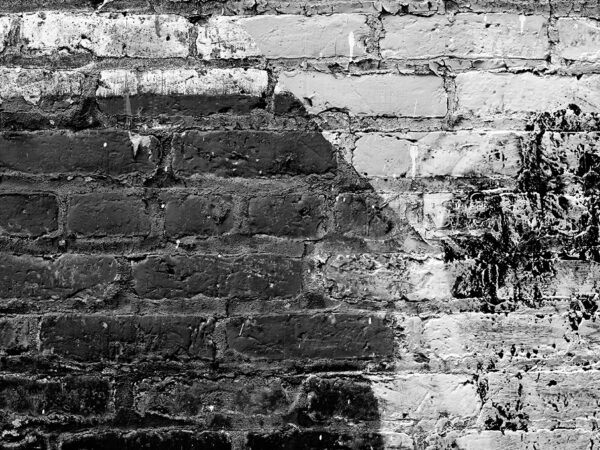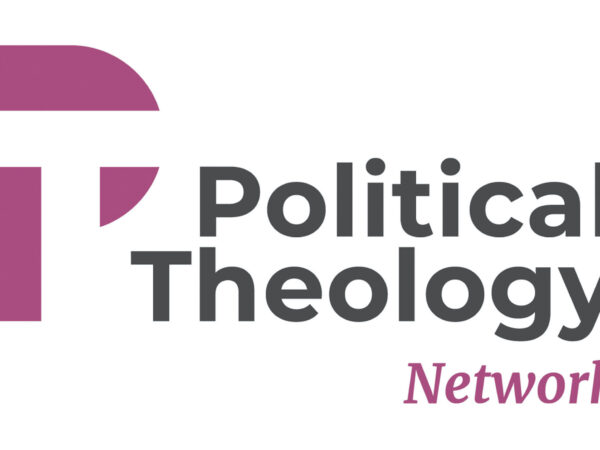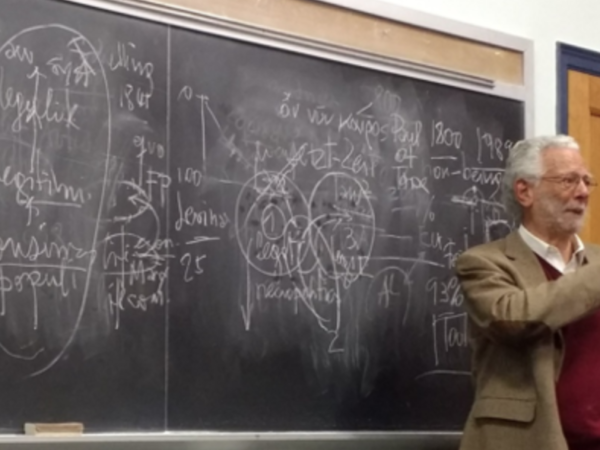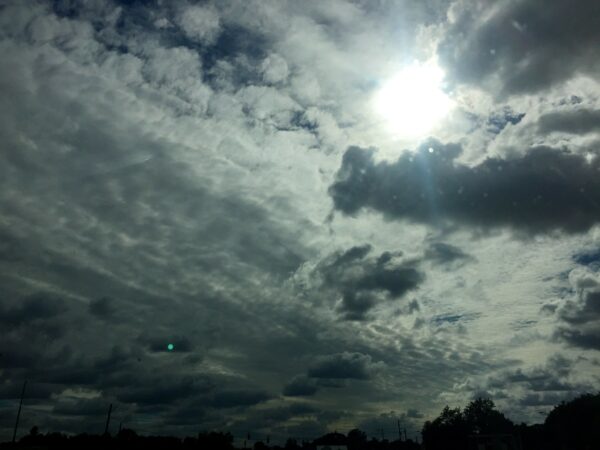
It is as productive to think with as it is to think against Claude Lefort, a revolutionary-turned-philosopher who analyzed power and the political regimes to which it gives rise.
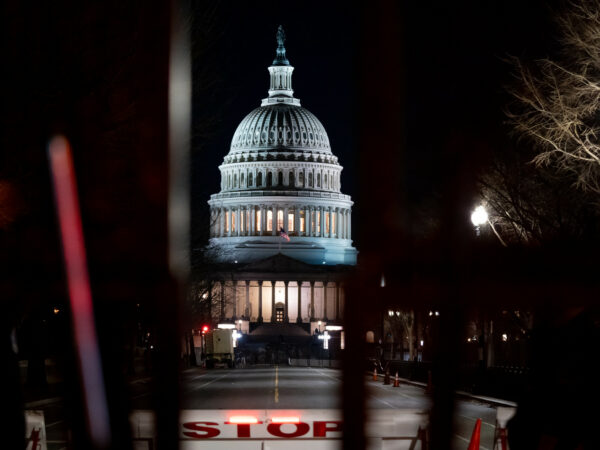
We are shocked. Morally outraged. How could a US president tout “law and order” to incite a blatant attack on “American democracy” and “the rule of law,” encouraging his supporters to storm the US capitol? Commentators decry such hypocrisy, stating the obvious contradiction between US constitutional law and violent coups. My contention in this essay is that no such contradiction exists.
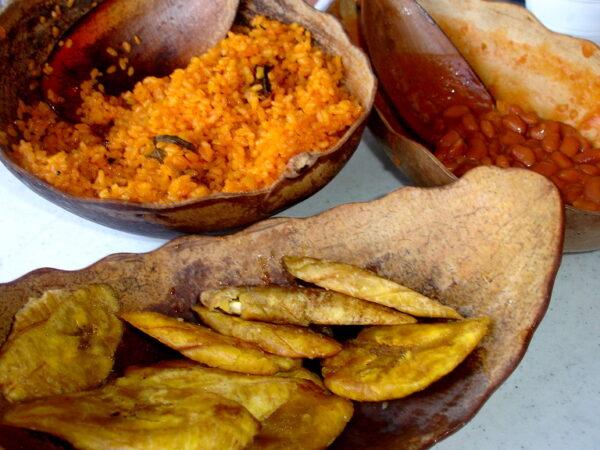
Rather than worry about whether other people will come to the table, whether other people will listen, we must, first, come to the table ourselves, be willing to do the revolutionary work of “listening and talking,” proceeding into the real risk of such encounter with likewise real openness to the experience and its transformative effect. This is, to risk profound understatement, a difficult talk.

